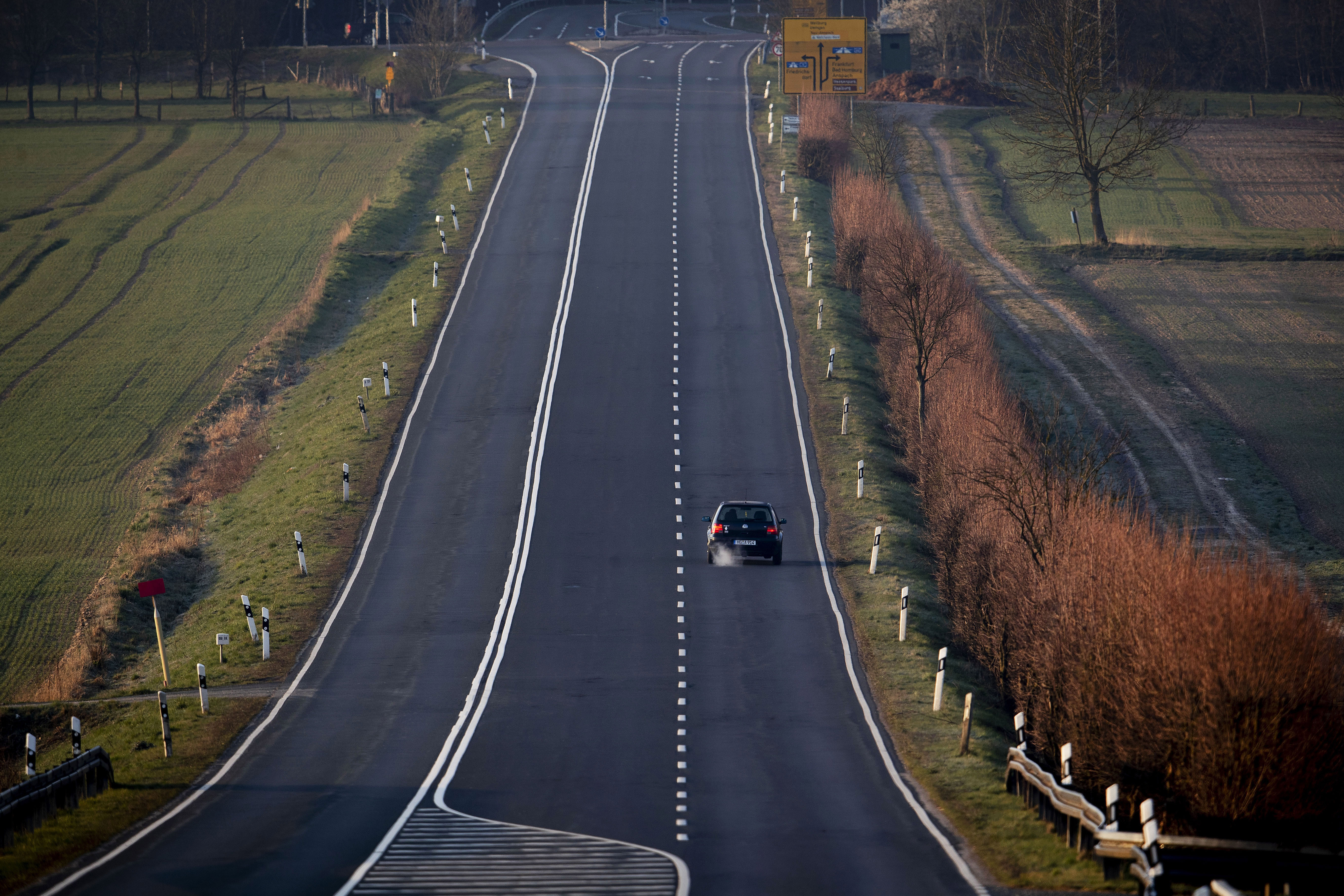Germany has been held up as a model across Europe as its laboratories work around the clock to process coronavirus tests, a key measure that has resulted in its relatively low number of casualties.
The widespread testing and other measures intended to slow the spread of the virus have not stopped it outright, however. The country’s death count passed 1,000 on Friday. But with 80,000 detected cases, the death rate remains only slightly higher than that of the flu — 1.2 per cent, compared to more than 8 per cent in Italy.
Chancellor Angela Merkel returned to her office on Friday, ending 14 days in quarantine after a doctor who administered a vaccine to her tested positive. The chancellor has seen her approval ratings jump over her government’s handling of the crisis.
As Merkel heads into what is supposed to be her final year in office, a survey commissioned by public broadcaster ARD showed 72 per cent of Germans believed that her government was handling the crisis well and that the measures taken to stem the spread of the illness have been appropriate.
The approach has included issuing billions of euros in financial aid to individuals and businesses.
But it also included closing the borders, leaving tens of thousands of seasonal farm workers unable to enter the county as the spring planting season begins.
To ensure the food supply and fill the labour gap, the government said it would recruit as many as 80,000 workers in East European countries by the end of May.
All applicants will have to pass a medical test, then be flown directly from their home countries. Once in Germany, their movements will be restricted to their places of work.
Lovers’ picnic
Two octogenarian lovers, one living in Denmark and the other in Germany, are determined to keep meeting every day for a picnic and a chat on either side of the border, which has been shut to help curb the spread of the coronavirus.
Inga Rasmussen, 85, who lives in Gallehus on the Danish side, met Karsten Tuechsen Hansen, 89, two years ago. Both widowed, they quickly fell in love.











